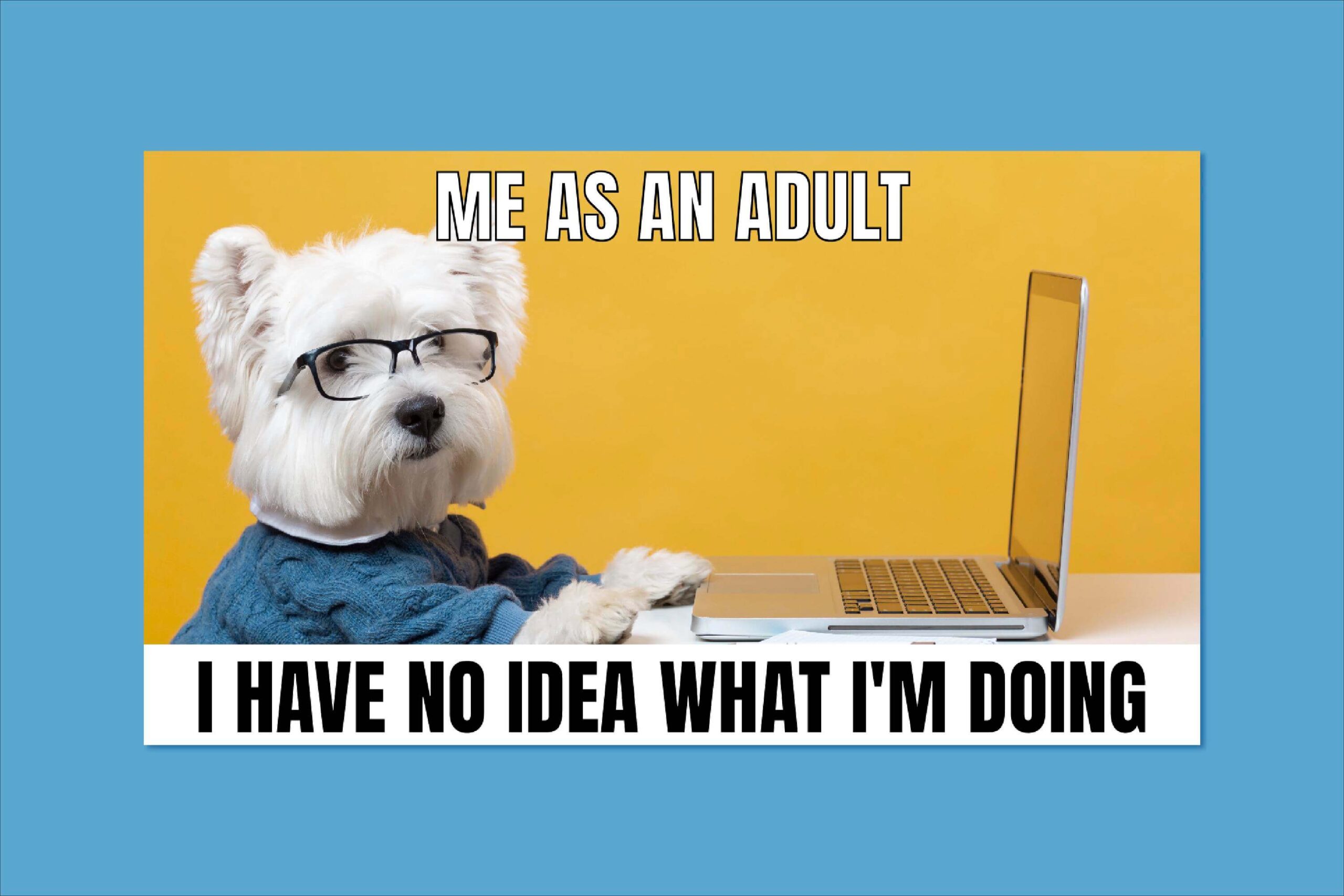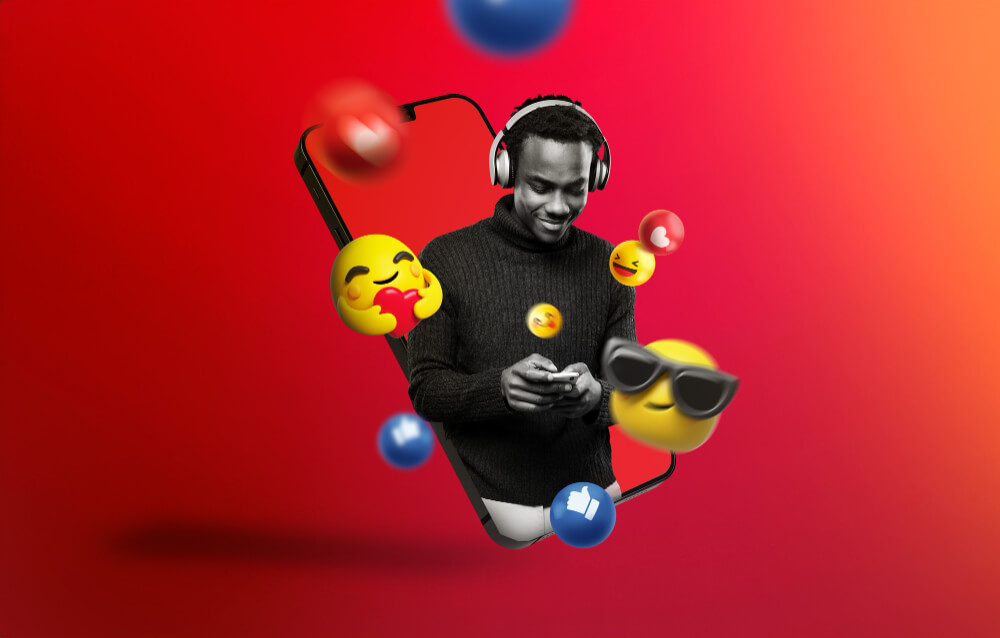
Welcome to the world of meme marketing, where humor isn’t just entertainment-it’s a strategy that can drive serious ROI if done right.
What is Meme Marketing?
Meme marketing is the art of using viral internet humor, pop culture references, or everyday relatable moments to promote your brand. Unlike traditional ads, memes feel organic-they blend seamlessly into your feed, making them easier to digest (and share).

Gen Z and Millennials especially live and breathe meme culture. They’re not looking for polished ad copy; they want content that feels authentic, clever, and scroll-stopping. That’s exactly why memes cut through the endless digital noise.
Why Memes Work in Digital Marketing
So why are memes more than just a laugh? Let’s break it down:
- They create instant emotional connection: Humor is universal, and a funny meme can spark the same feeling as an inside joke.
- Virality is built-in: People don’t just like memes-they share them. That’s free reach for your brand.
- Budget-friendly marketing: You don’t need a Hollywood-level production team to create memes. A sharp idea and timing are enough.
- Authenticity wins: Memes feel like conversations between friends, not sales pitches.
Here’s the kicker: research shows memes get 60% more engagement than standard graphics. In an attention economy, that’s gold.
Types of Memes Brands Can Use
Not all memes are created equal. Depending on your audience, you can play with different flavors:
- Trending memes: Jump on viral formats while they’re hot. Think “Distracted Boyfriend” or the latest TikTok audio.
- Relatable memes: Everyday struggles connected to your niche. Example: “When Zoom freezes mid-presentation…” for B2B SaaS.
- Product memes: Highlight product features with a funny twist.
- Industry memes: Niche jokes that only insiders get (and love).
👉 Tip: Always tailor the humor to your brand’s personality. A law firm meme will look very different from a fashion brand meme.
Steps to Build a High-ROI Meme Marketing Campaign
Here’s a simple roadmap to turn memes into measurable ROI:
- Know your audience: Humor isn’t universal. Gen Z loves absurd humor; professionals might prefer witty wordplay.
- Pick the right platform: TikTok and Instagram are meme-heavy. LinkedIn? It’s catching up but needs a more polished touch.
- Stay authentic: Don’t force a trend if it doesn’t align with your brand voice. Forced memes flop.
- Blend subtle promotion: Memes should entertain first, sell second. Think of it as brand awareness with a wink.
- Track performance: Look beyond likes-shares, saves, and even website clicks tell you if a meme worked.
- Avoid pitfalls: Humor can backfire if it’s offensive or insensitive. Always filter memes through a brand-safety lens.
Real-World Examples of Meme Marketing Success
- Netflix: Their social team has mastered the art of using memes to promote shows-turning everyday scenes into viral content.
- Gucci: Yes, even luxury brands jumped on the meme train, running the famous “#TFWGucci” campaign. It broke stereotypes and made luxury feel relatable.
- Local small businesses: Restaurants and cafes often create region-specific memes-unny, relatable, and highly shareable within their community.
The takeaway? From billion-dollar brands to mom-and-pop shops, memes work across the board.
Pro Tips for Marketers
If you’re thinking of giving meme marketing a shot, here are a few golden rules:
- Use memes as conversation starters, not direct sales tools.
- Timing matters-jumping on a meme two weeks late makes you look out of touch.
- Encourage user-generated memes. Let your customers create memes around your brand. It boosts authenticity.
- Pair memes with trending hashtags or challenges for maximum reach.
Conclusion
Meme marketing isn’t about chasing likes-it’s about connecting with people in a way that feels natural. When done right, memes transform from “just jokes” into powerful engagement tools that boost visibility, relatability, and yes, ROI.
So next time you laugh at a meme, pause and think: Could my brand join this conversation in a fun, authentic way? Chances are, the answer is yes.
👉 Ready to experiment? Start small, test a meme campaign, and watch how humor can take your marketing game to the next level.



